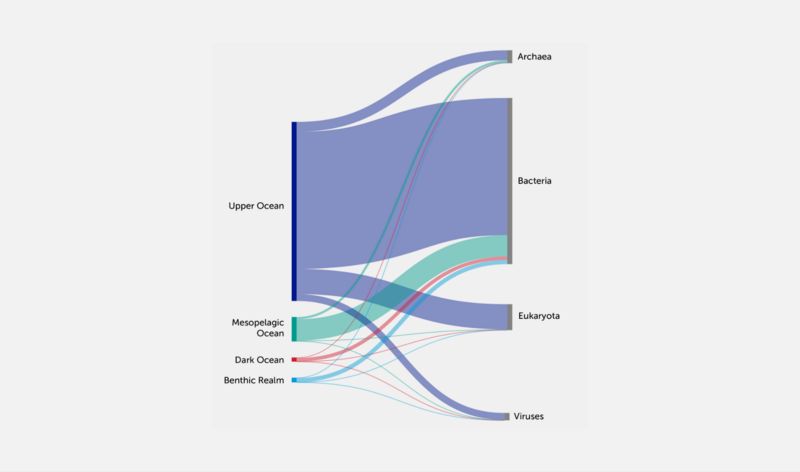
Frontiers in Science Lead Article
Published on 16 Jan 2024
Metagenomic probing toward an atlas of the taxonomic and metabolic foundations of the global ocean genome
- 78,820 views
- 19 citations
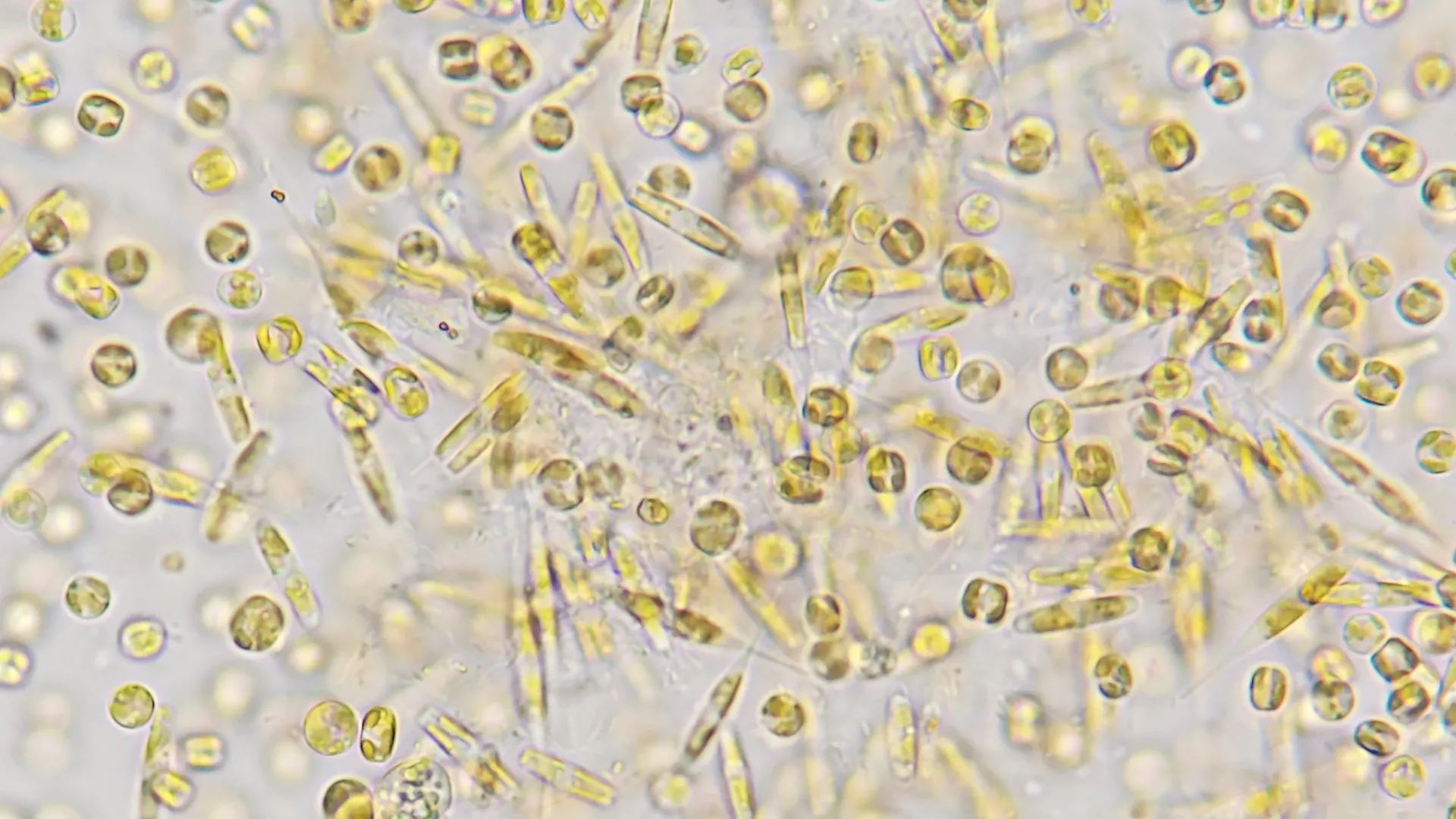

Frontiers in Science Lead Article
Published on 16 Jan 2024
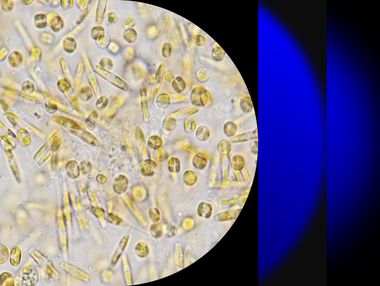
At a virtual Frontiers Forum Deep Dive session on 21 February 2024, Elisa Laiolo, Prof Carlos Duarte, and other experts delved into the breakthrough development of the KMAP Global Ocean Gene Catalog 1.0, its potential applications, and the next steps required.

Dr Enric Sala, of the National Geographic Society, USA, examines the power of new metagenomic tools, the relevance of the ocean microbiome to human and planetary health, and the need for just and equitable benefit sharing.

Prof Andreas Teske of the University of North Carolina at Chapel Hill, USA, discusses the platform used to assemble and analyze the KMAP Global Ocean Gene Catalog 1.0, and how the catalog provides a baseline for changing marine microbial communities.
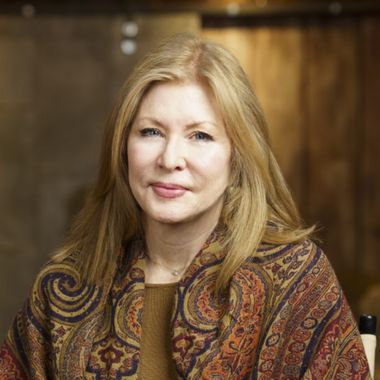
Peggy Rodgers Kalas, international ocean policy advisor at the Oceano Azul Foundation, discusses the ground-breaking provisions of the High Seas Treaty and what is required to implement it—and finally put shared marine biodiversity under global protection.
With 308.6 million gene clusters, the KMAP Global Ocean Gene Catalog 1.0 is the largest open-source catalog to date matching microbial class with gene function, geographic location, and ecosystem type.
The catalog offers diverse applications that go beyond advancing our understanding of the ocean microbiome and its metabolic capabilities—it also establishes a baseline for tracking the influence of global warming, pollution, and other changes on ocean health and provides a tool to explore marine genetic resources to discover novel genes with potential uses in medicine, energy, food, and other industries.
Fungi represented over 50% of the distinct gene clusters identified in the mesopelagic zone. This finding highlights the contribution of fungi to microbial diversity and carries functional consequences for the role of fungi in elemental cycling in the ocean.
Biomass ratios among domains are not reflective of the corresponding distribution of unique genes: this rough comparison shows that the eukaryotic component of ocean biomass outweighs its contribution to marine genetic diversity, which remains dominated by Bacteria, and that viral genomes contain far more innovation than hitherto realized, even considering that this DNA-based assessment of the global ocean genome omits RNA viruses.
Analysis of benthic and pelagic samples revealed significant differences in both taxonomic composition and metabolic processes, reflecting the heterogeneous nature of the ocean floor and highlighting the potential for uncovering a vast reservoir of functional genes, as well as the need to further sample and investigate marine benthic metagenomic resources, which remain underexplored compared with the pelagic component.
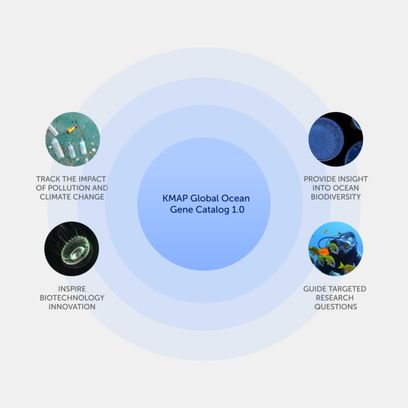
A summary of the lead article in a Q&A format, with infographics and a video.
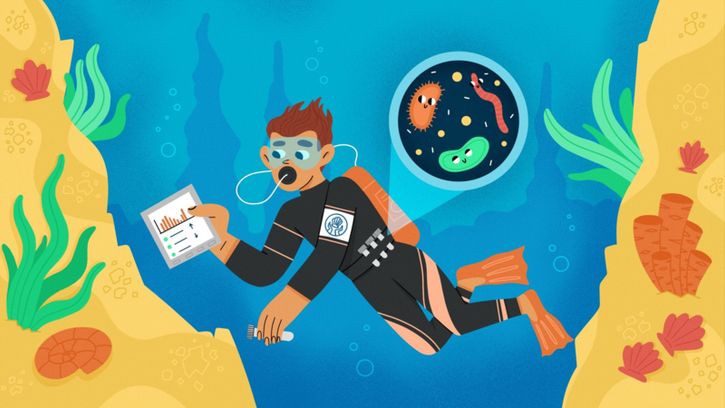
A version of the lead article written for—and peer reviewed by—kids aged 8-15 years.
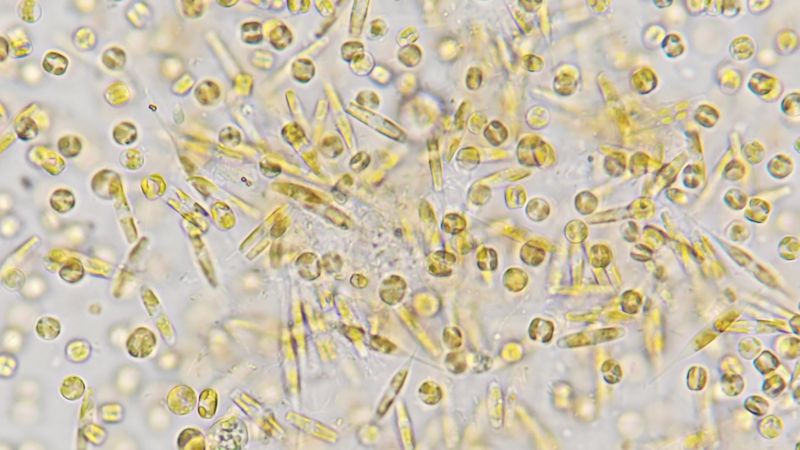
From biotechnology innovation to tracking climate change impacts, the KMAP Global Ocean Gene Catalog 1.0 offers diverse applications for science and society.
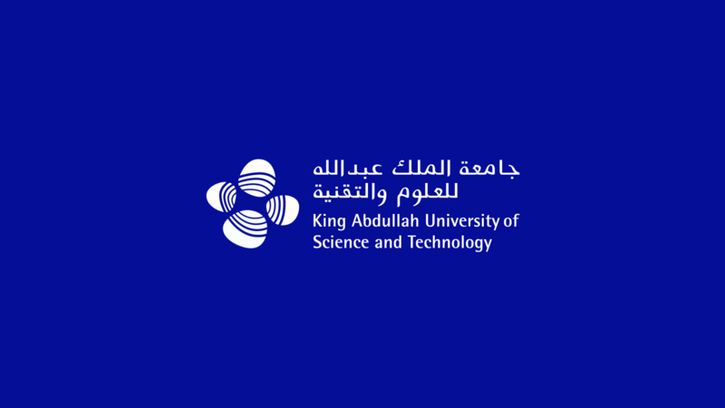
A new study by KAUST and collaborators in Spain provides the world's most comprehensive database yet for understanding microbial distribution and function in the ocean.

A trove of more than 300 million gene groups from ocean bacteria, fungi and viruses has been made freely available online.

Large numbers of fungi have been found living in the twilight zone of the ocean, and could unlock the door to new drugs that may match the power of penicillin.

An extensive catalogue of ocean life has been unveiled by university researchers in Saudi Arabia.

Researchers catalogued the genes of more than 300 million groups of marine bacteria, viruses and fungi in hopes that the database could lead to breakthroughs in medicine, energy and agriculture.
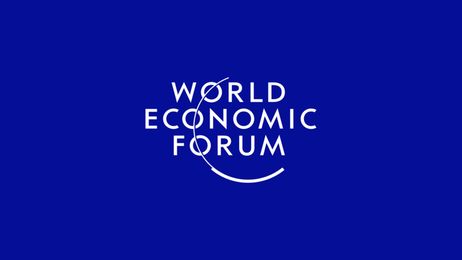
The King Abdullah University of Science and Technology (KAUST) in Saudi Arabia has just released the Global Ocean Gene Catalog 1.0. It is the largest open-source catalogue of marine microbes to date, based on samples from across the world’s ocean.
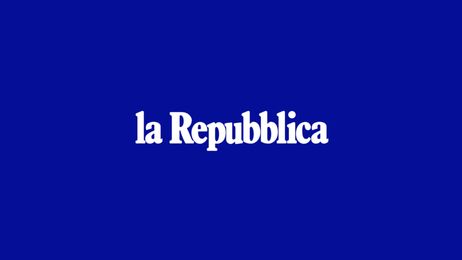
The KMAP Ocean Gene Catalog 1.0 is a first step towards the development of a global ocean genome atlas, which will document all the genes of all the world's marine species, from bacteria to fungi, and from plants to animals.
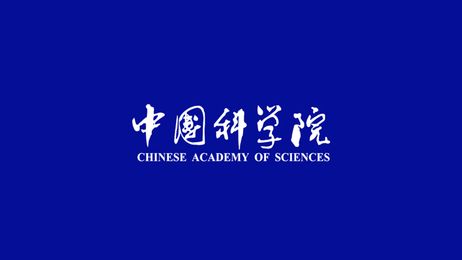
The most comprehensive analysis of the genes of marine microbes, including bacteria, viruses and fungi, now provides a foundation for researchers to discover antibiotics, track the effects of climate change, and protect endangered species.

The ocean, Earth’s largest habitat, remains largely unexplored, holding secrets to numerous unidentified species and microorganisms. Recent advancements in ocean DNA research have brought us closer to uncovering these mysteries.

The new catalog helps in "understanding the ocean’s full diversity, containing hundreds of millions of gene groups from marine organisms around the world.
Follow the science, follow Frontiers in Science